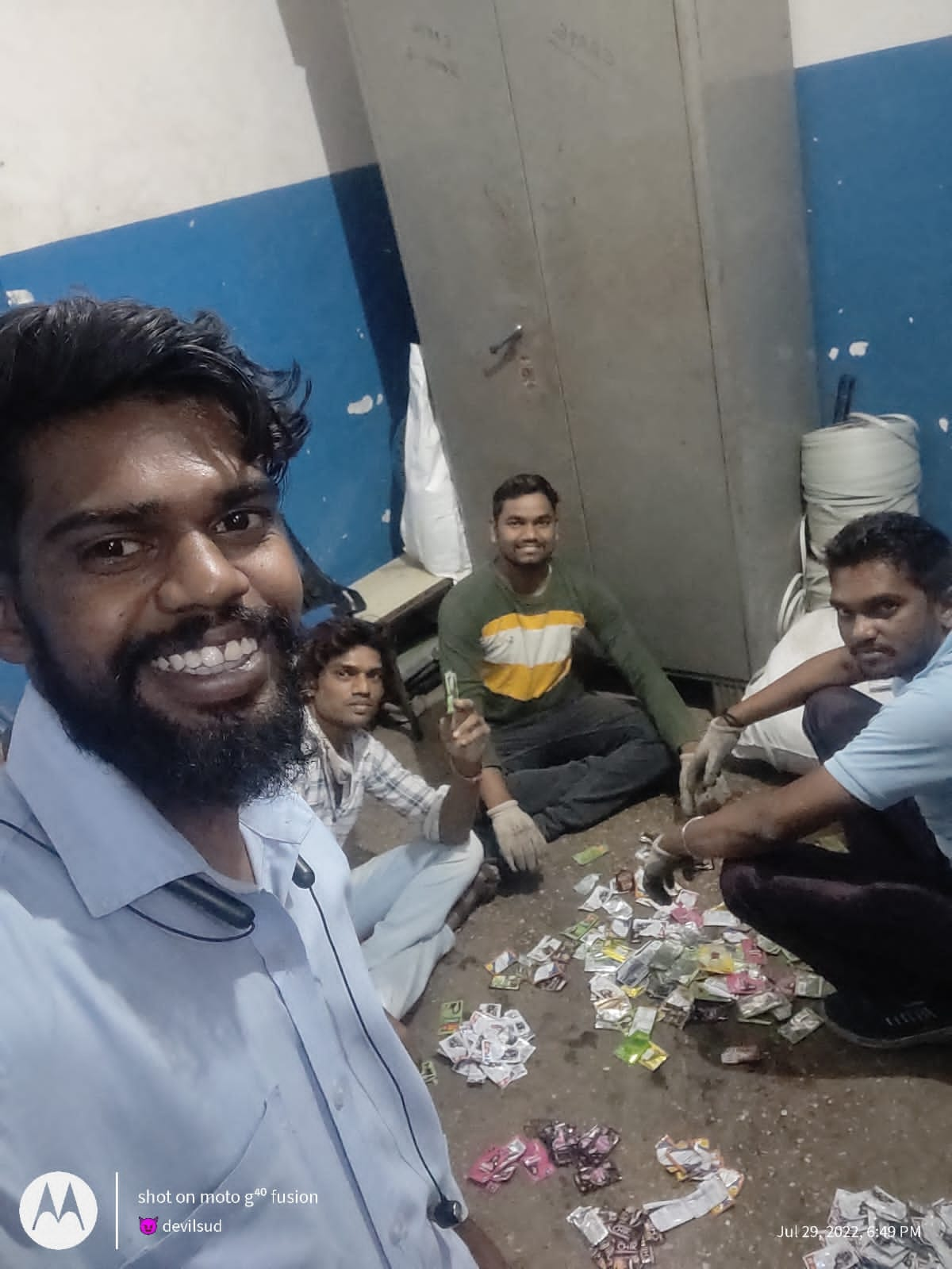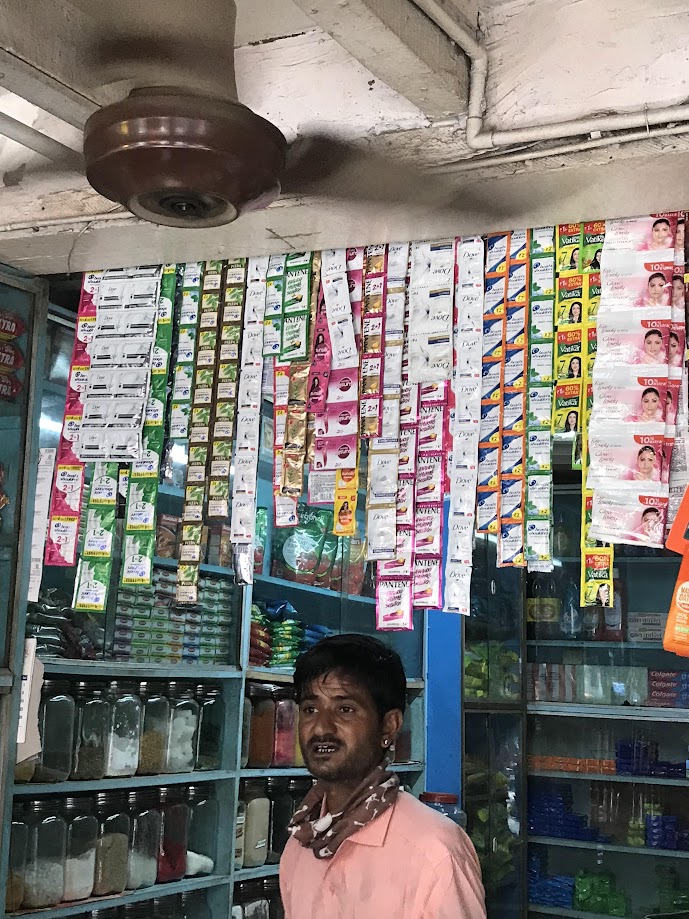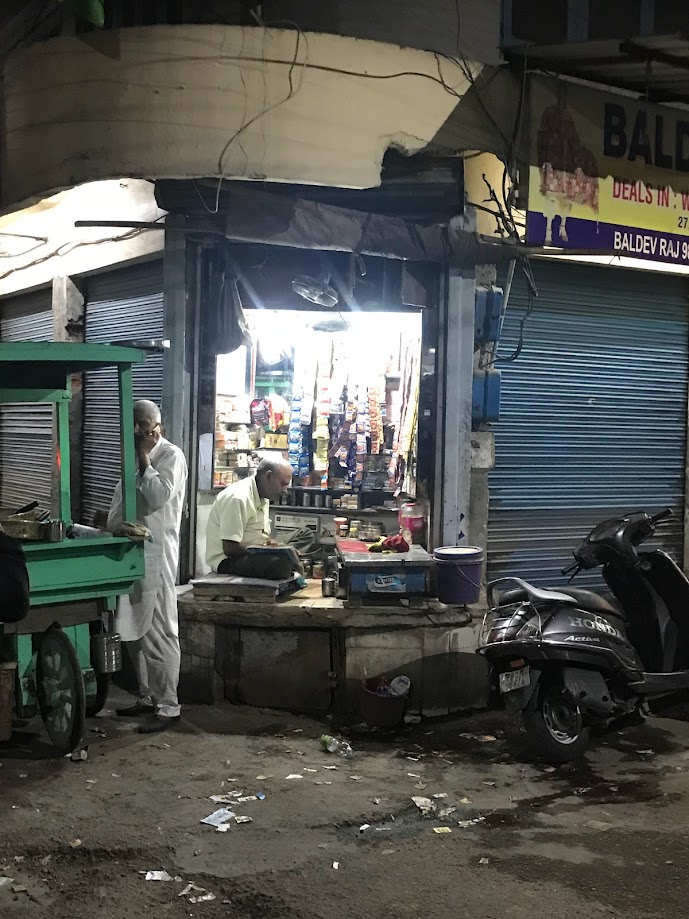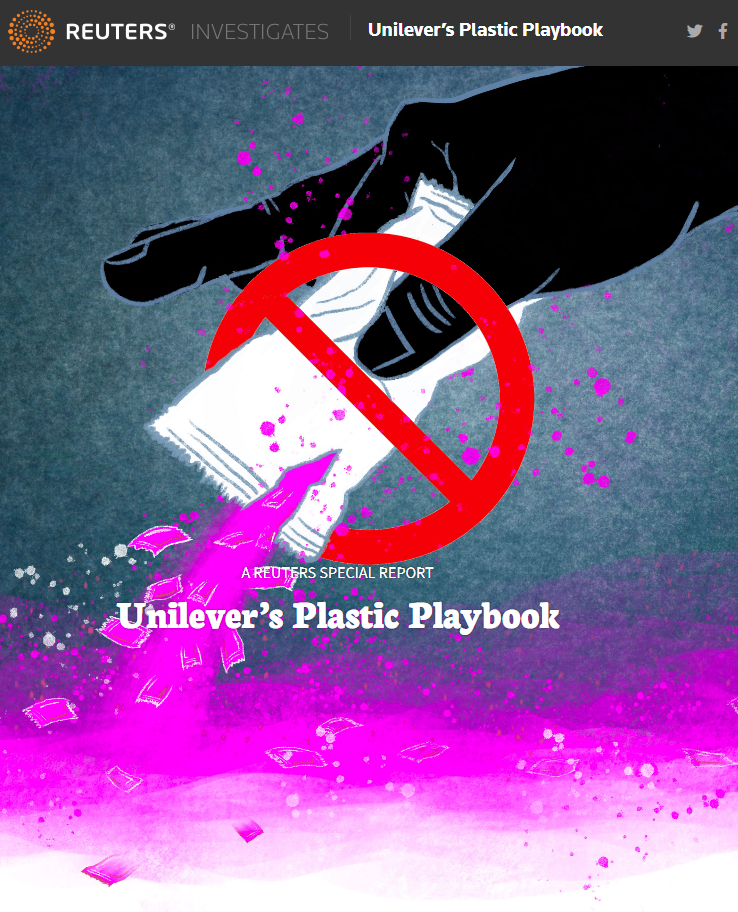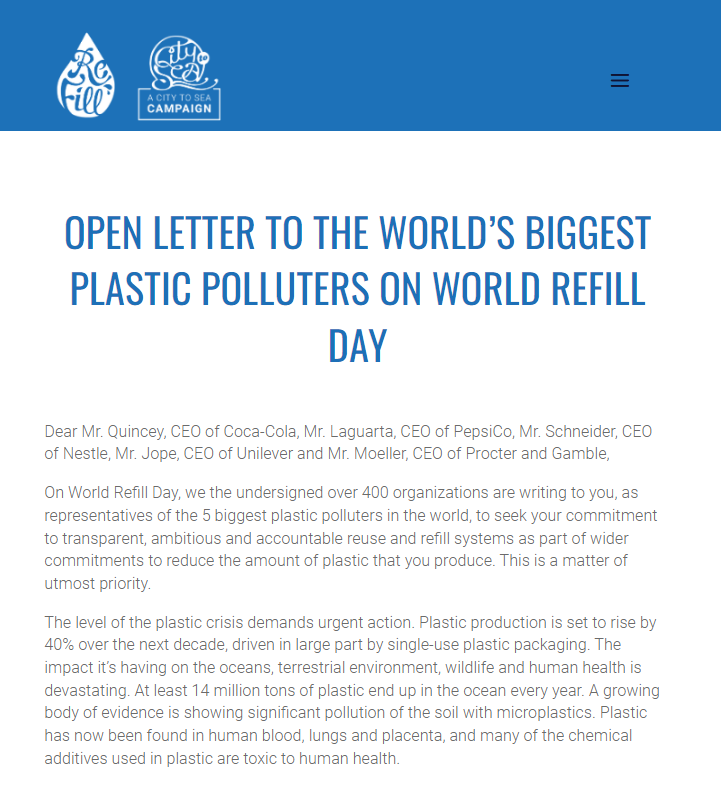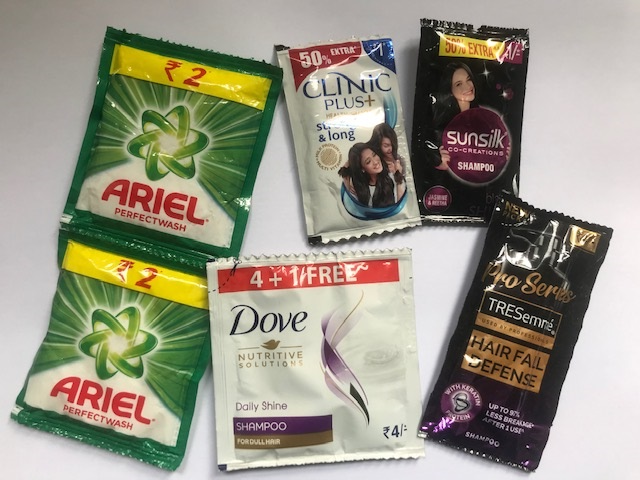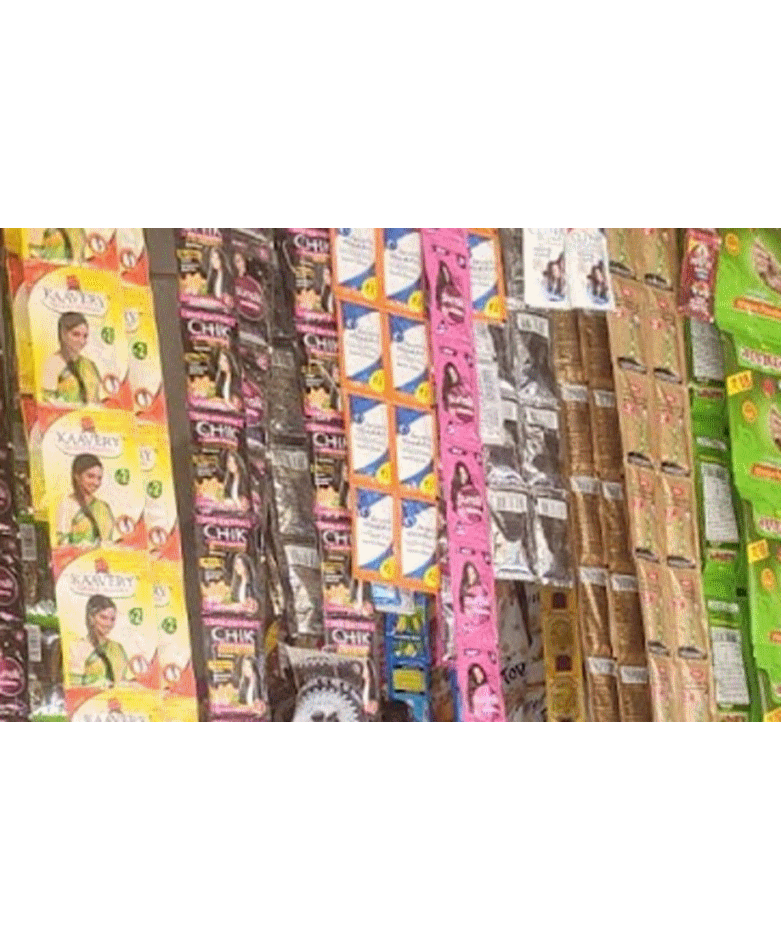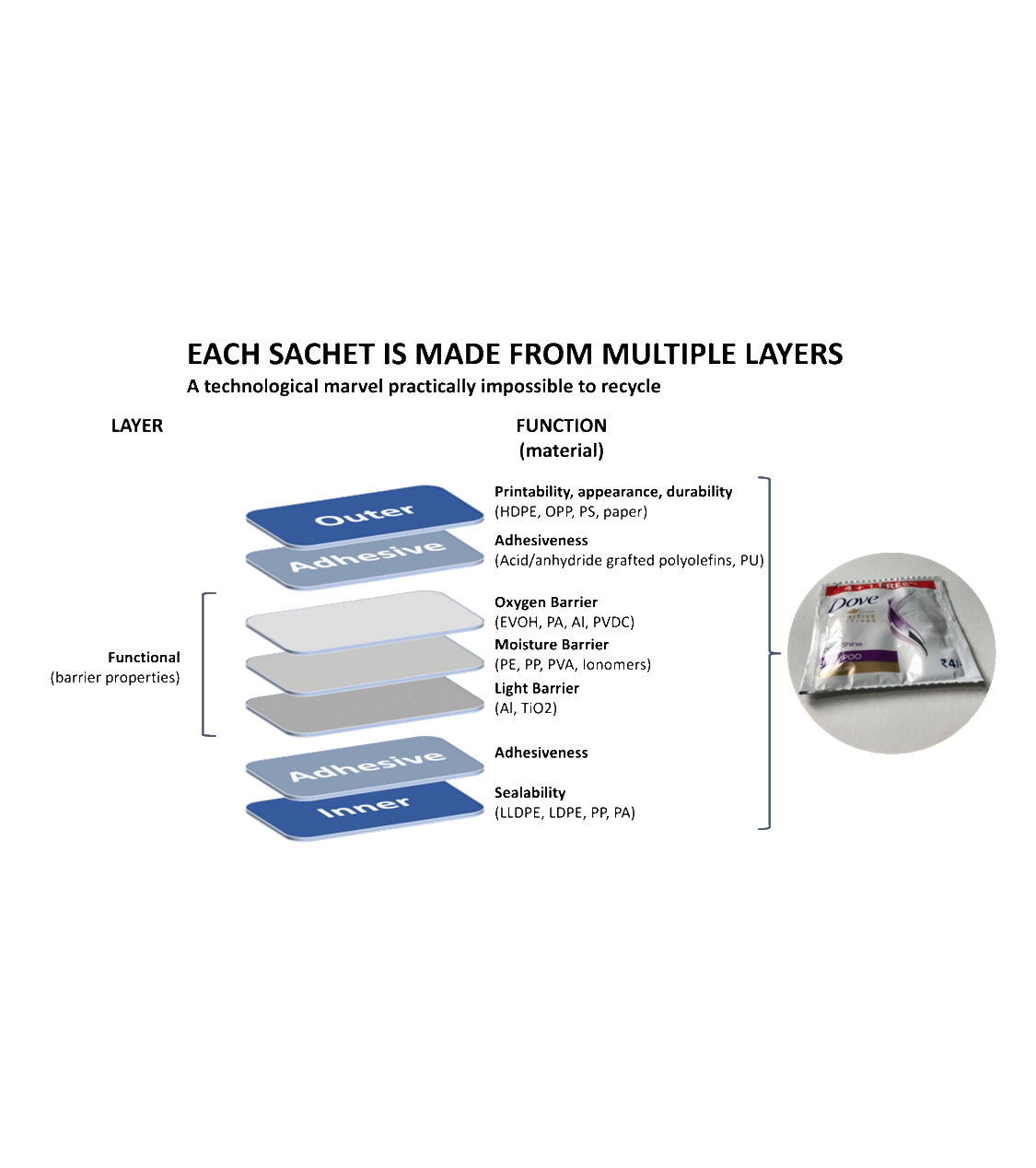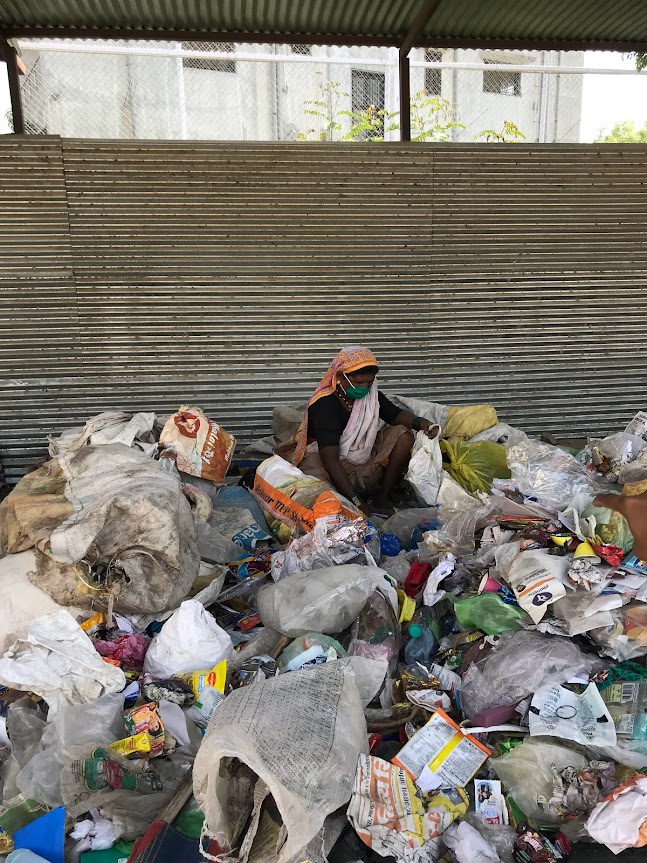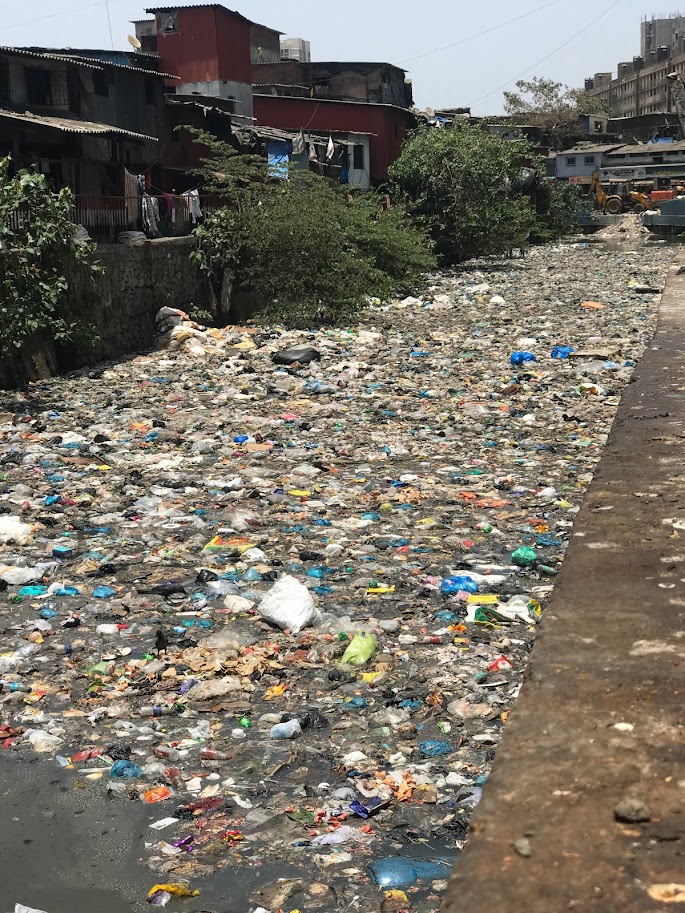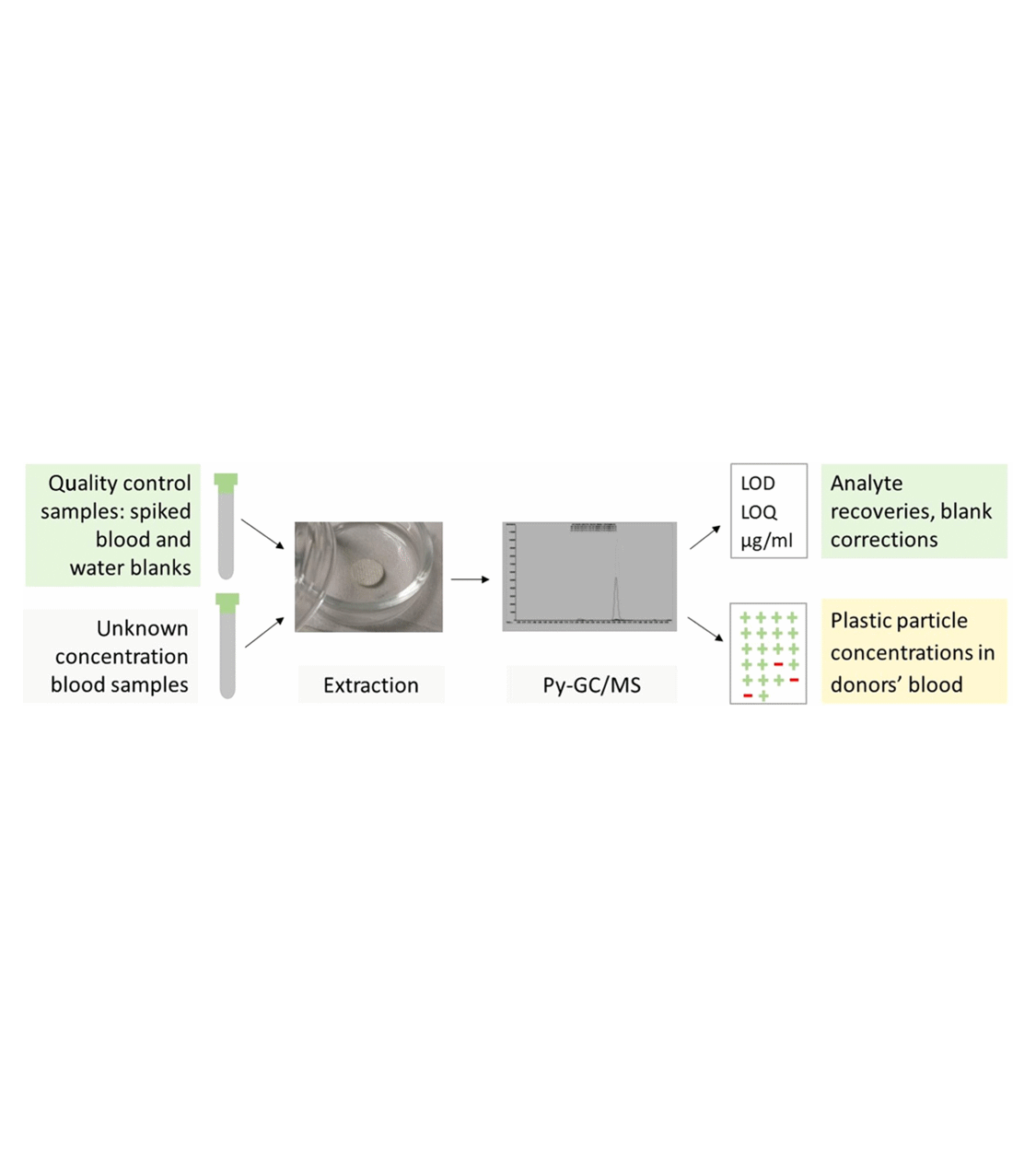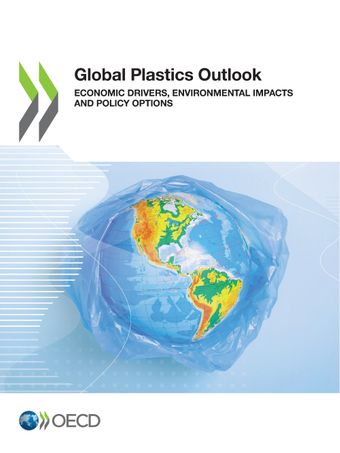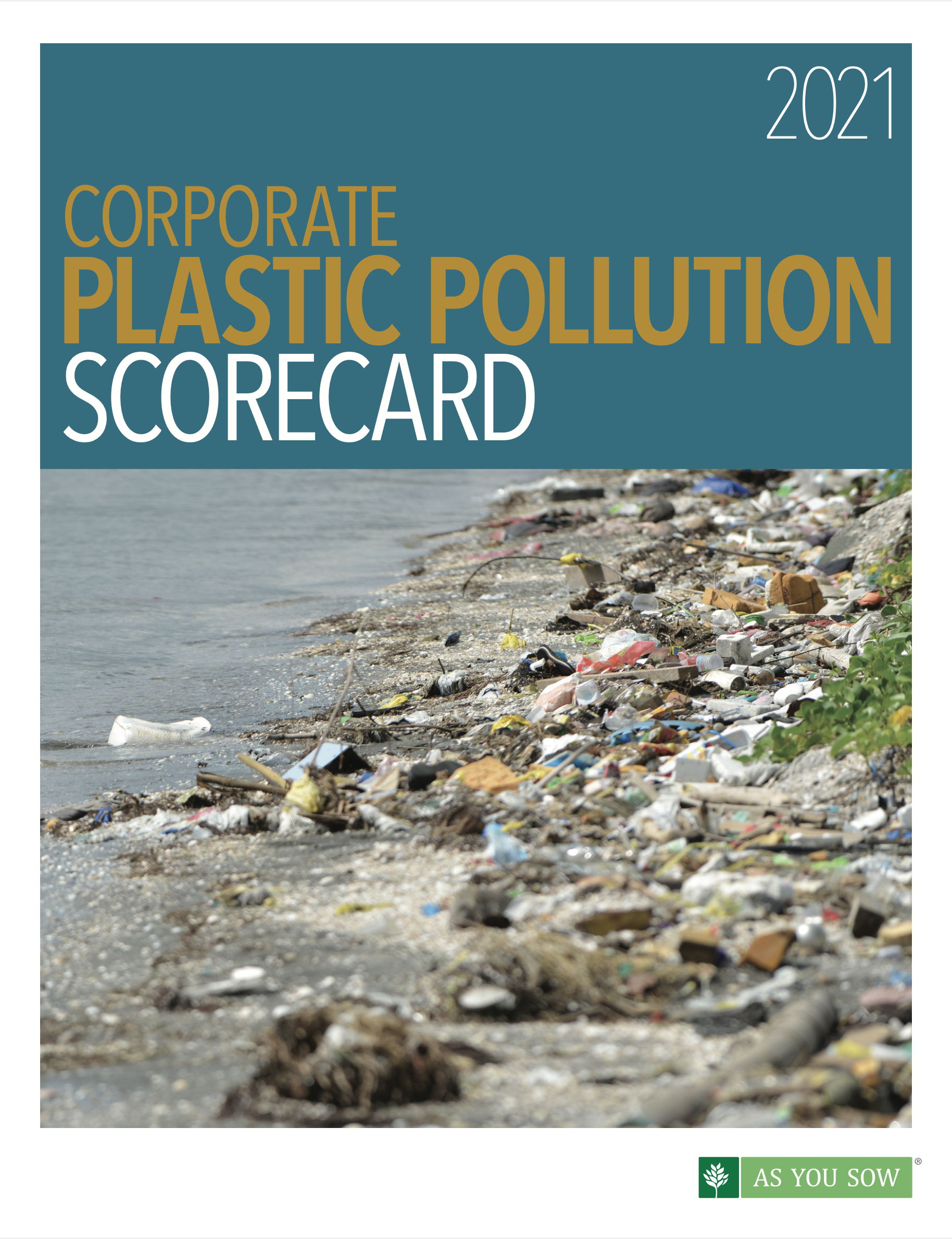Brand Audit: Unilever The Standout Sachet Winner!
One way to see who leads the shampoo sachet market, and causes the most pollution, is to sift through plastic waste and see which brands are most common.
We worked with our NGO partner in India, CARPE, to do this for one entire ward in Aurangabad, Ward 7, which is predominantly a low-income demographic with about 12,000 peoplemore...
Understanding Kirana Stores. Beating A 20% Margin
We need to learn about kirana stores, those small shops that still make up the majority of India's nearly $1 trillion retail economy.
Little is published about them. Here’s a few snippets from CBI Insights:
We wanted different insights. Could we work with them on a refill solution? Would they be up for it? If so, what margin would they need to make? What space could be available? What would make their business run better or be more profitable?more...
Iterating Toward A Solution
Well over 70% of shampoo in India is sold in sachets, and by far the majority is sold through a vast network of independent general stores.
These stores range from someone sitting on a chair selling maybe 10 different products, to large stores with a wide range. Here’s a couple I saw recently…
You get them everywhere.more...
Unilever’s Duplicity Revealed By Reuters Report
A hard-hitting Reuters 22 June 2022 report lays bare Unilever’s hypocrisy about sachets.
Reuters points out that while Unilever has been a vocal critic of sachet packaging it has been lobbying to prevent it being banned.
For several years Unilever executives criticised sachet packaging, saying it is “evil because you cannot recycle it” (Hanneke Faber, Unilever’s President for Global Food & Refreshments in 2019), and “We have to get rid of them… It's pretty much impossible to mechanically recycle and so it's got no real value” (CEO Alan Jope in 2020).more...
Going Round In Circles…. What Sort Of Reuse System Could Work In India? Unknowns, Constraints And Lots Of Questions…
Devising a viable reuse system that would work well in India is hard.
Our first reuse service in the UK is a twist on the traditional milk round – we deliver personal care and household care products in ready to use containers, supplying replenished bottles when needed and collecting empties to reprocess.
This works well in the UK and consumers like it. They get a range of products without plastic waste, conveniently delivered, and everything gets reprocessed for them.more...
Open Letter To Plastic Polluters Calls For Reuse Systems
On World Refill Day, City to Sea and its Refill campaign sent an open letter to CEOs of the world’s five biggest plastic polluters, including two that work in our space, Mr. Jope, CEO of Unilever and Mr. Moeller, CEO of Procter and Gamble.
Signed by over 400 organizations, the letter asked for the CEOs’ commitment to “transparent, ambitious and accountable reuse and refill systems as part of wider commitments to reduce the amount of plastic that you produce.”more...
People Want To Help Stop Plastic Waste
I talk about plastic waste (too much my friends would say!) and notice that people are universally fed up with it, and frankly pissed off that they can't buy the products they want without single use plastic.
People are motivated to help us and it's very heartening.
Our insurance broker removed his commission because he likes what we're trying to do, our graphic designers and IT consultants work at reduced rates because they believe in our goals. It's all very humbling and encouraging.more...
Beating The Sachet!
Problems sachets cause in lower-income countries have been recognised for years, but finding a solution isn’t easy.
Consumers there have for decades been educated to use disposable sachets and now have an ingrained buy and dispose culture.
Traditional refill-reuse habits have faded and there are now precious few circular systems to build on.
Consumers also now have their preferred brands and sachets are the only affordable way to buy them.more...
Companies Like Unilever Still Focused on Growing Sachet Market
We did a little research into how dependant consumer goods companies like Unilever and Procter & Gamble are on sachets.
We learnt…
SACHETS HAVE BEEN THE PREFERRED FORM OF PACKAGING FOR OVER A DECADE
Euromonitor (2013):more...
The Money In Sachets
Why do companies sell products in sachets?
That's easy. There's good money in it. Only by selling such small amount of product can lower income consumers afford to buy, and sachets are the easiest way to do this.
In low-income countries, the ‘bottom of the pyramid’ is a vast and lucrative market.more...
Sachets And Recycling. (Or Not)
Sachets are a technological marvel. Flexible, light, waterproof, colourful, sterile and cheap, they’re perfect for storing and selling small amounts of food or liquid.
Most sachets are a sophisticated multi layered composite of aluminium, adhesives, and various plastics (such as PVC or polystyrene).
Multi-layering brings great properties but makes sachets almost impossible to recycle. Even if they were captured from the waste stream, very few facilities worldwide could recycle them, and fewer still could do it economically.more...
Residual Value And The Marvel Of India’s Waste Collection Infrastructure
Rahul gave me a challenge – Chuck a water bottle on the ground and see how long it stays there.
So I did.
In Amritsar I kicked an empty water bottle 10 feet from me and waited. Rahul thought I might have to wait 30 minutes, but in less than five a small boy, probably around 10, with a large white plastic sack on his back came by, scooped it up and walked off.more...
Sachets And The Ocean Plastic Problem
Plastic waste is a problem here in the UK, but a far bigger problem in Asia where plastic capture is more sporadic. Instead of making it to landfill or incinerators (neither of which are great options) much of it gets into waterways and ultimately into the oceans.
According to research by German scientists, eight rivers in Asia are among the top ten sources of plastics pollution in the world’s oceans.more...
Microplastics Found In Human Blood
We know our obsession with using plastic is bad news for the planet, but there is increasing evidence of its adverse effects on our own health.
It was well known that we ingest tiny plastic particles in food and water, and inhale them, but researchers have for the first time detected microplastic in human blood.more...
OECD Highlights Shocking Plastics Data
The OECD (Global Plastics Outlook) has produced some shocking data on how the world is producing and wasting plastic.
Some of the key insights include:
In 2019, 6.1 million tonnes leaked into aquatic environments, of which 1.7 million tonnes went into our oceans, so now there is some 30 million tonnes of it in seas and oceans, and 109 million tonnes in rivers.more...
Companies Must Do More To Tackle The Plastics Crisis
Several reports over recent months have highlighted the less than stellar headway companies are making in pushing back against the ongoing use of single-use plastic and continuing build up of plastic waste.
In the autumn, a report from not-for-profit As You Sow produced its Corporate Plastic Pollution Scorecard, 2021 report. This showed that whilst companies are starting to take steps to deal with plastic pollution, only one company earned the highest grade and all companies must do significantly more to reduce, if not eliminate, the environmental and financial impact of plastic pollution. The report also noted a large increase in calls for plastic reduction goals and support for expanded manufacturer responsibility. more...
